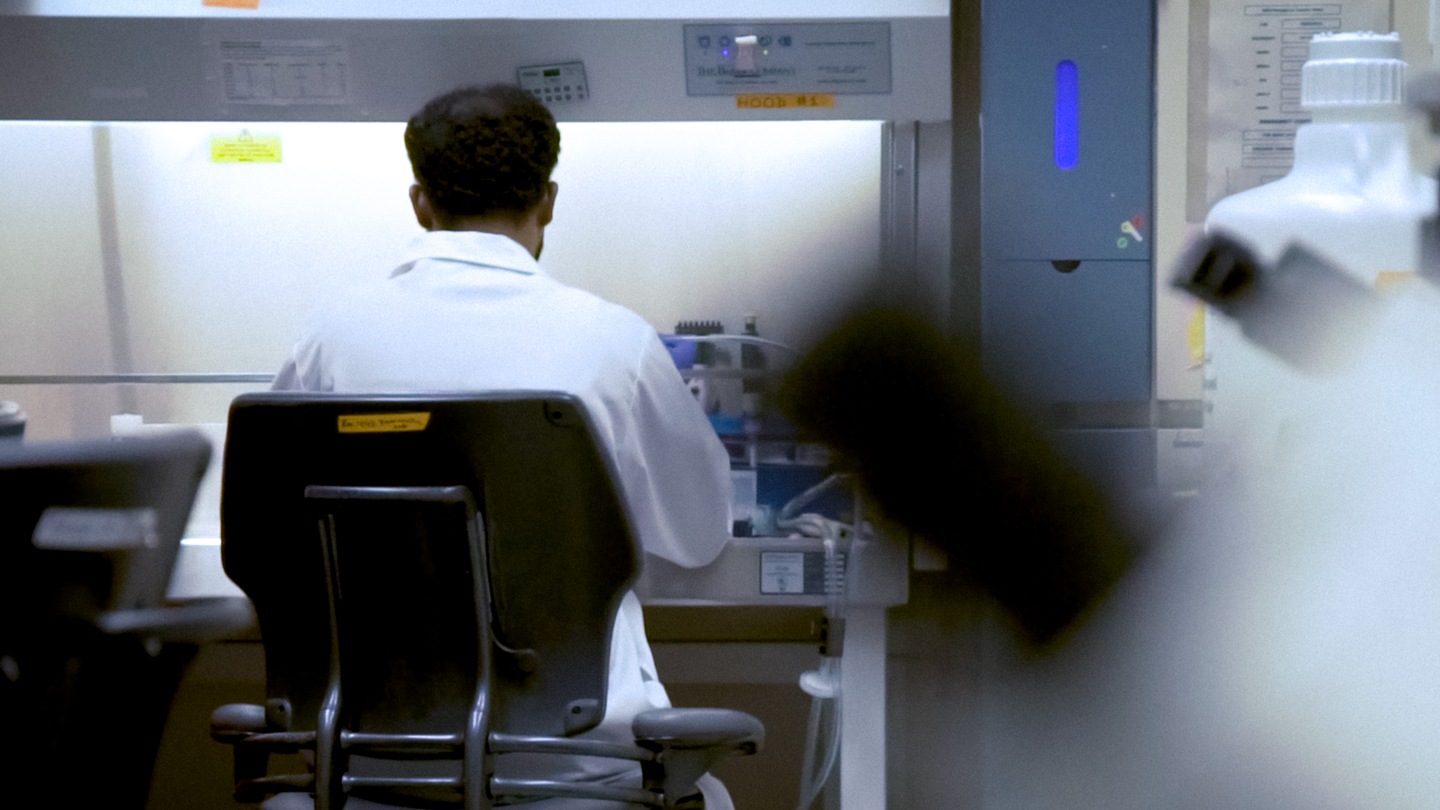For years, scientists have sought to understand biology and disease by relying heavily on reductionism—the idea that a system could be fully understood by breaking it down into its parts, even down to atoms. But what if the essence of a system is lost the moment it is broken into its components?

For example, consciousness is thought to be an emergent property of our brain but one we are unlikely to understand by simply studying single neurons in isolation. We think one reason that science has failed to discover the causes of many major human diseases is that biology and disease need to be approached and ultimately understood as a system. The Gladstone Center for Systems and Therapeutics uses cutting-edge technology to understand entire systems involved in complex biology.
To study systems, the center has invented and developed powerful tools—such as imaging, genomics, robotics, advanced statistical methods, and artificial intelligence (AI)—to be able to understand systems in their full complexity. The technologies in the center enable investigators to observe multiple variables in intact systems simultaneously, over time, often at a single cell level. In turn, mathematical approaches developed at the center, including AI, make it possible to glean key insights from these data and integrate them into dynamic, predictive models of biology and disease. These models then serve as blueprints for rational intervention, guiding which nodes in the system should be targeted and in what way in order to defeat disease.
In conjunction with the Gladstone Corporate Liaison and Ventures office, the center actively collaborates with pharmaceutical companies, tech companies, and nonprofit organizations, which enables the development of potential therapies for neurodegenerative diseases, gut disorders, and certain cancers.

